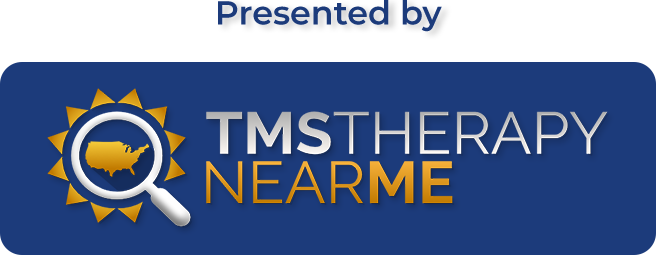TMS stands for transcranial magnetic stimulation or sometimes called repetitive transcranial magnetic stimulation (rTMS). TMS involves the repeated stimulation of certain areas of the brain with a powerful but non-invasive electromagnetic current. TMS therapy is used to treat certain mental illnesses like depression and OCD.
How Does TMS Therapy Work to Treat Depression?
Our nervous system is powered by the exchange of electrical signals between our brain and nerves in different parts of the body. The brain is therefore alive with electrical impulses. TMS therapy targets specific areas of the brain associated with mood and delivers a “boost” of electricity to these regions, stimulating these neurons and ideally promoting mood and wellbeing. Because the amount of electricity produced by the brain is so small, there is no risk of electric shock during TMS, and TMS is not the same thing as electroshock therapy (officially known as ECT, electroconvulsive therapy).
Is There Evidence that TMS Works to Treat Depression?
TMS is not a brand-new treatment for depression. The earliest research into the effects of electricity on the human body began as early as the late 17th century and the FDA officially approved TMS for treatment of depression in 2008.
TMS is widely accepted as effective for treating depression. Numerous clinical trials have been undertaken to evaluate the efficacy of traditional, high-frequency repetitive TMS therapy have found it effective in treating and managing symptoms of depression so much so that in 2016, most all insurances began covering TMS for persons with Major Depressive Disorder.
rTMS is typically a 30-minute session although, in 2017 Theta Burst, a more advance abbreviated type of TMS was FDA cleared. Traditional rTMS is still recommended for your first course of treatment, yet the Theta Burst treatment is ideal for those that would like to continue TMS on a maintenance therapy regime.
What is Theta Burst Therapy?
Theta burst therapy operates on similar principles to traditional TMS therapy, using electrical impulses to stimulate the mood-controlling regions of the brain. But theta-burst therapy requires much shorter exposures than repetitive TMS, which means it could offer a more efficient and convenient way to get the same quality results.
Daniel Blumberger and his research team at the Temerty Centre for Therapeutic Brain Intervention in Toronto did a series of trials comparing theta-burst therapy to repetitive TMS and found that groups treated with the two different methods did not show a significant difference in symptoms between the groups, but that both groups improved overall. This suggests that theta-burst may soon offer a new, faster way of using electrical impulses to treat depression.
Because of the short duration of theta-burst sessions, theta-burst therapy is an ideal solution for maintenance therapy, providing a means to keep symptoms of depression from returning after an initial, longer treatment.

